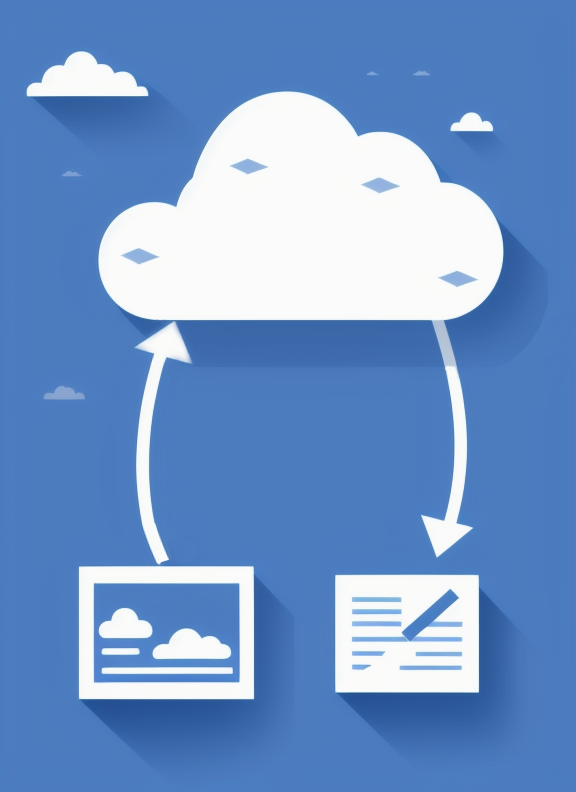Automate Word document generation, content editing, and conversion with ease. Transform your document-related processes with Go code-driven workflows in the Cloud. Our Aspose.Words Cloud for Go SDK acts as a Go wrapper around the REST API, taking on numerous low-level operations: authentication, endpoint management, error handling, request/response handling, etc. This architecture ensures efficient communication and allows Go developers to focus on application logic while the Cloud SDK handles the intricacies of communication with the server.
Go SDK, as part of the Cloud SDK family, offers scalable, cost-efficient, and globally accessible solution for Go language. It enables easy integration, ensures high availability, automates updates and resource management. With robust security, along with environmental efficiency, it is the go-to choice for Go developers seeking streamlined document processing and enhanced operational efficiency.
Aspose.Words Cloud for Go provides the developers with the following functionality:



